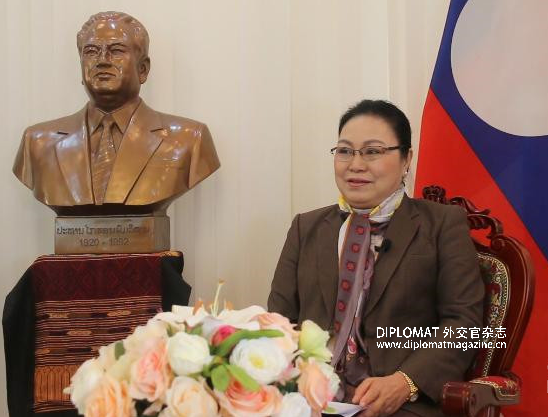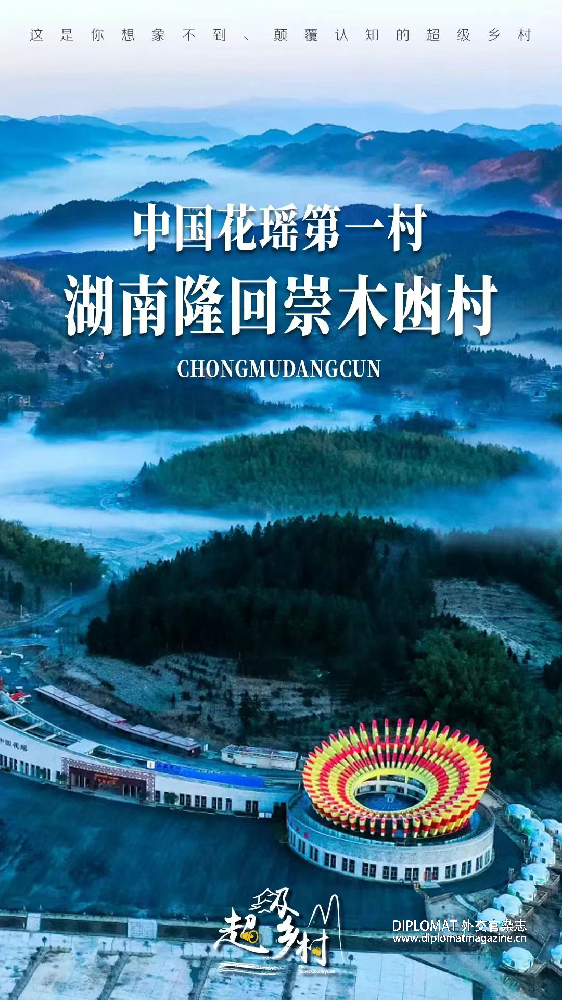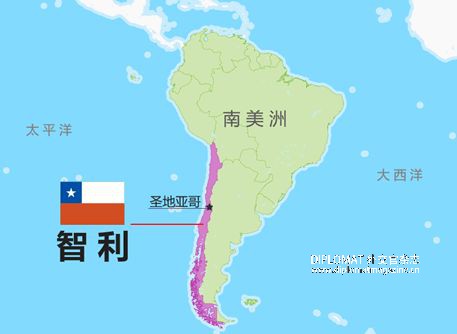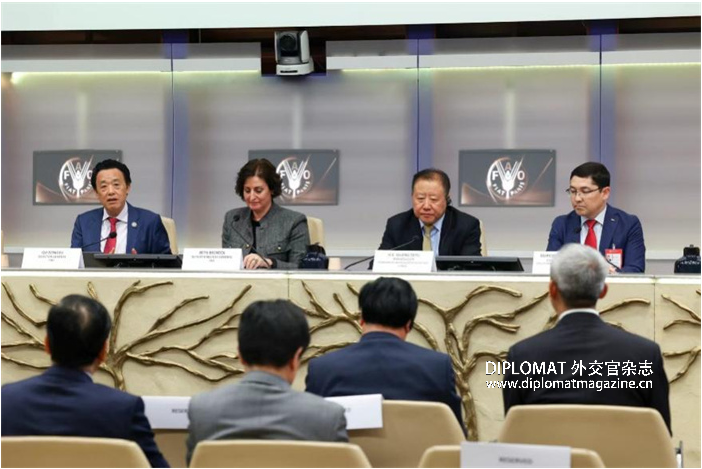导语:On March 14, the Senate of the Oliy Majlis of the Republic of Uzbekistan at the 38th plenary session approved a resolution on holding a referendum on the draft law on the Constitution in a new version on April 30, 2023.
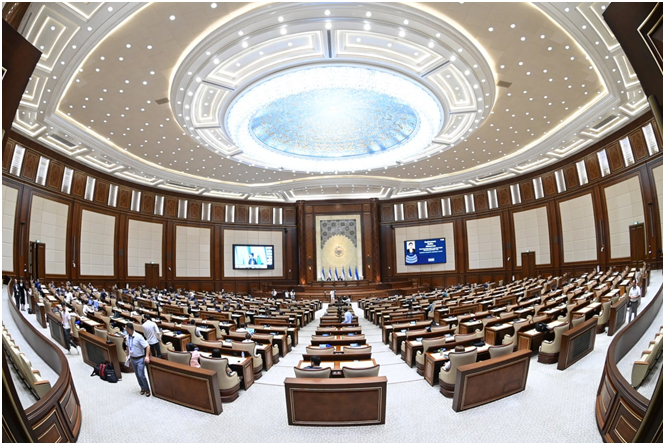
On March 14, the Senate of the Oliy Majlis of the Republic of Uzbekistan at the 38th plenary session approved a resolution on holding a referendum on the draft law on the Constitution in a new version on April 30, 2023.
The ballot paper will contain the question: "Do you accept the Constitutional Law of the Republic of Uzbekistan "On the Constitution of the Republic of Uzbekistan"?".
The general public, political parties, public organizations, representatives of expert and scientific circles, intellectuals actively participated in the development of the project; in short, the project becomes literally a people's Constitution.
The new Constitution is designed to change the principle of "state — society —individual" to "individual — society — state", that is, "put the interests of human above all."
During the preparation of the draft Constitutional Law, more than 400 international documents and constitutions of about 190 countries were thoroughly analyzed, the project was highly appreciated by international experts and specialists as a document embodying all generally recognized norms of international law.
The number of articles of the Constitution in the new edition has increased from the current 128 to 155, norms – from 275 to 434. Accordingly, 65 % of the text of the Basic Law has been updated based on the proposals of the people, the provisions on human rights and freedoms have increased three and a half times, and, based on this, there is every reason to adopt the draft as the new version of the Basic Law. The Constitution.
The Constitution stipulates that the State will undertake a number of new obligations to reduce poverty, provide employment and protect against unemployment. In general, the norms containing the social obligations of the state are tripled.
For the first time, the State is obligated to take measures to improve the quality of life of socially needy categories of the population, to create conditions for the full participation of people with disabilities in the life of society and the state, the realization of their rights.
The State undertakes to create conditions for the full use of socio-economic and cultural facilities and services by people with disabilities, to assist them in finding employment and obtaining education, which is a vivid expression of the principle of the welfare State.
The Constitution establishes guarantees of personal rights and freedoms of a person in accordance with the most advanced international standards. In particular, a person cannot be detained for more than 48 hours without a court order, and if the lawfulness and justification of the detention is not proven in court, the person is subject to immediate release (the Habeas Corpus Institute), and during detention, his rights must be explained in understandable language. and grounds for detention (“Miranda Rules”). In addition, the right of the accused and the defendant not to testify against himself, in other words, “the right to remain silent”, is fixed. These provisions guarantee the inviolability of personal freedom and the prevention of unlawful detention of people.
The Constitution significantly expands human rights and freedoms. In particular, the scope of constitutional rights is supplemented by such as environmental rights, health protection, gender equality, free movement, free choice of place of residence and residence, free exit from the country and return, use of the Internet, protection of personal data, higher education, free legal assistance. equality in access to public service, housing ownership and compensation for deprivation of it, confidentiality of banking transactions and accounts, making legislative proposals.
The norms on granting academic freedom to higher educational institutions, the right to receive free higher education at the expense of the state on a competitive basis, support for non-state educational organizations create an opportunity for the younger generation to improve their lives, realize their dreams, find their place in life and develop their personality by mastering modern specialties .
For reference: Over the past six years, the number of universities in Uzbekistan has increased from 77 to 210, admission to them has increased 5 times, the number of students has increased by 1 million, and coverage of higher education has increased from 9% to 38%. The number of government grants has also doubled to 40,000, including 5x master's degree grants.
The inclusion of the issue of youth at the level of a separate chapter in the Constitution is clear evidence that youth policy is a priority in the New Uzbekistan. More than 18 million of the population are young people, by 2040 this figure will reach 25 million.
The updated Constitution creates a solid foundation for the formation of a truly free market economy by strengthening the guarantees of entrepreneurial activity, developing market relations, creating conditions for fair competition, ensuring a favorable investment and business climate, establishing a system of fair taxation, and limiting monopoly activities.
For reference: Thanks to the wide opportunities created, the number of business entities over the past six years has increased 6 times and today has reached 2 million. The number of entrepreneurs whose income exceeded $1 million reached 26 thousand, and the income of 220 entrepreneurs reached $100 million.
The updated Constitution is aimed at creating a strong parliament, a compact and responsible government, as well as an independent and fair judiciary to build a state that serves the people.
The system of state power is unified and integral, and the modernization of one branch of power requires reforming its other branches as well. Accordingly, the powers of the chambers of parliament are being reviewed in order to ensure the effective functioning of the system of checks and balances between the branches.
According to the constitutional reform, the powers of the Legislative Chamber and the Senate are significantly expanded, duplication in the work of the two chambers is eliminated, and their area of responsibility is clearly defined. In particular, the absolute powers of the Legislative Chamber are increased from the current 5 to 12, and the Senate - from 14 to 18.
In addition, the joint powers of the chambers of the Oliy Majlis are being strengthened, and the institution of parliamentary investigation, which is an important form of parliamentary control, is separately fixed in the Constitution.
In order to strengthen the influence, place and role of the Oliy Majlis in the life of society, some powers of the President of the Republic of Uzbekistan are transferred to the parliament.
The Constitution provides for empowering mahallas with independent decision-making powers to solve everyday problems of the population, and create organizational and financial opportunities for this.
All this will serve to increase accountability, transparency, efficiency of decision-making by public authorities and its effectiveness.
The changes introduced to strengthen the guarantees of the independence of the courts, the immunity of judges and accountability in specific cases, ensuring their security is intended to become an important guarantee of the full and independent administration of justice.
In accordance with the draft of the new Constitution, it is proposed to transfer the powers to consider and approve the candidacy of the Prime Minister to the exclusive jurisdiction of the Legislative Chamber. Before submitting a candidacy of the Prime Minister to the lower house of parliament, a procedure is introduced according to which the President consults with all factions of political parties. After approval by the Legislative Chamber, the President appoints the Prime Minister.
By:Muzaffar Kamilov



